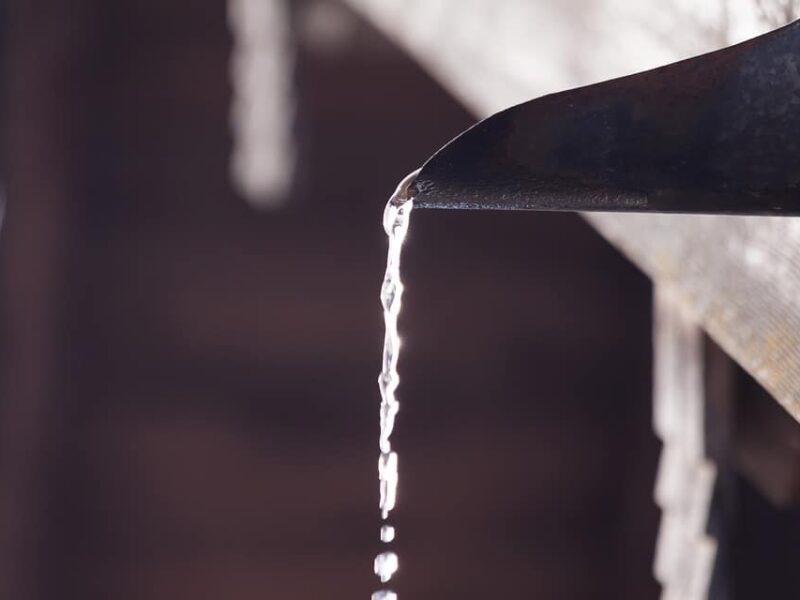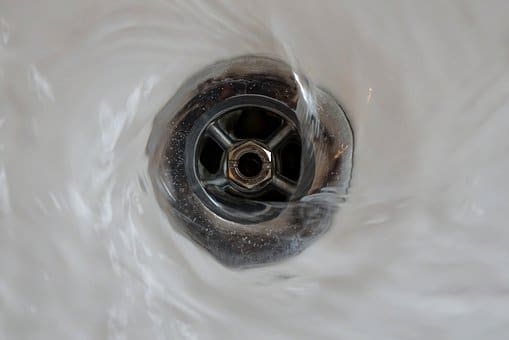Lead Pipes
Do You Have Lead Pipes in Your Home? Water mains in the UK are not…
Read more24 hr Emergency Callout

Blog
A domestic wastewater treatment plant, or system, is a tank that people can utilise for the purposes of treating sewage that comes from a home. Wastewater treatment is a much more efficient way of dealing with household waste than a septic tank or cesspit.
Many homes that are situated in rural locations are unable to enjoy the benefits of a mains sewage connection. Mains sewage also treats wastewater, but on a much larger scale. Most flats and homes in urban locations will not require their own wastewater treatment.
Wastewater may or may not undergo treatment, however wastewater that has undergone treatment is safer as it removes potentially harmful bacteria. It is also less damaging to the environment.
Wastewater treatment for rural homes allows for completely safe and effective sanitation of sewage. The domestic wastewater treatment process is relatively similar to the industrial process.
Here we will explore how the wastewater management process operates in a domestic setting. We also include what constitutes wastewater, the benefits of using such a treatment system and the considerations of installing one within a home.
Wastewater is essentially water that people use when they run a tap, flush a toilet, drain a dishwasher or washing machine, or take a shower or bath. Anything that is not clean water is wastewater.
As a result of the definition of wastewater described above, it may contain chemicals and a range of other potential toxins. Therefore, wastewater requires treatment to become safer and less harmful to the environment.

When wastewater exits a home it may go into a septic tank. The purpose of this tank is to separate any solid material from the liquid. This liquid can then drain to an area of land, which sewage and drainage professionals refer to as a soakaway.
At this stage in a wastewater treatment, the system will drain into another tank for purification. This is different to a septic tank or cesspit, that rural homes may also use, into which all the solid and liquid sewage must drain. See our guide, How Do Cesspits Work, for more information on cesspits.
The wastewater flows through the treatment plant. From here the treatment process is as follows:
After the treatment process is complete, the water can drain into a soakaway. Water quality is now quite high, having gone through a primary, secondary, and tertiary treatment. As a result the drainage has little environmental impact.
Treatment plants require less emptying than a septic tank, andbut they can deal with larger amounts of wastewater. In a domestic wastewater treatment plant sludge may build up. As a result maintenance is still necessary in such a system, though it is significantly less frequent.
In a domestic setting, the benefits of wastewater treatment include:
Wastewater treatment is generally much more sustainable in the longer term than older methods of sewage management.
The suitability of installing a wastewater treatment plant depends on factors such as the location of the property. Most water treatment plants are in rural locations, so people in urban areas may not see much benefit
The reason that installation on a property in an urban area, such as flats, may not not be possible or desirable is because they are more likely to have the services of an industrial scale wastewater treatment plant
To determine suitability and install a wastewater treatment plant it is wise to consult an expert. Our own team provides outstanding service in replacing cesspits and septic tanks and will be happy to provide advice.
While our own team offers installation on commercial and single households some services may differ. It is important to be aware of this, and also to find a service that is capable of providing maintenance after installation is complete.
While we provide installation and maintenance to a high-specification, we will be happy to provide advice and information on wastewater treatment. The process of upgrading from an older and less efficient system can be confusing, so we will be able to offer many details.
Feel free to contact us, one of our friendly team members will be happy to help.